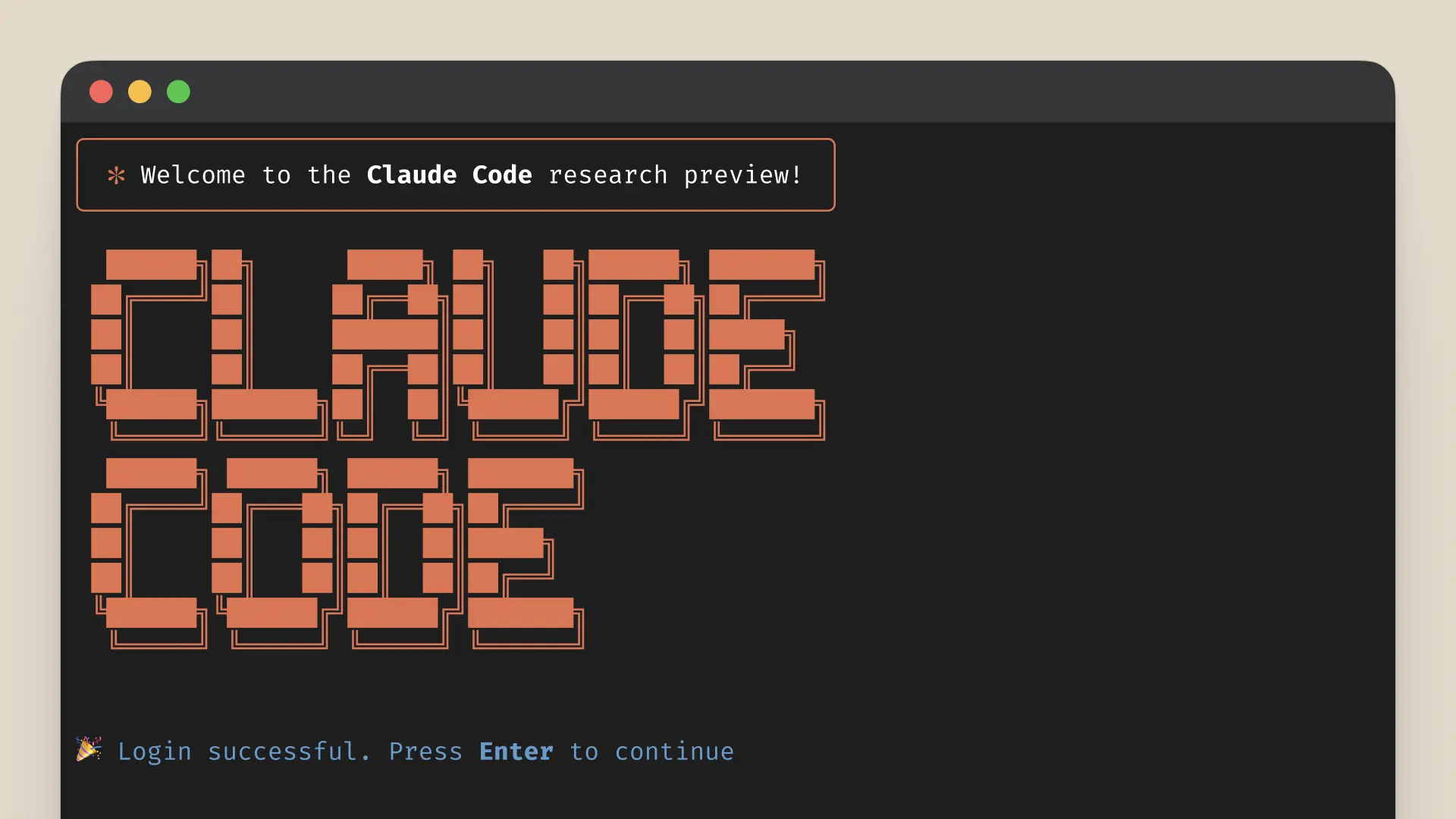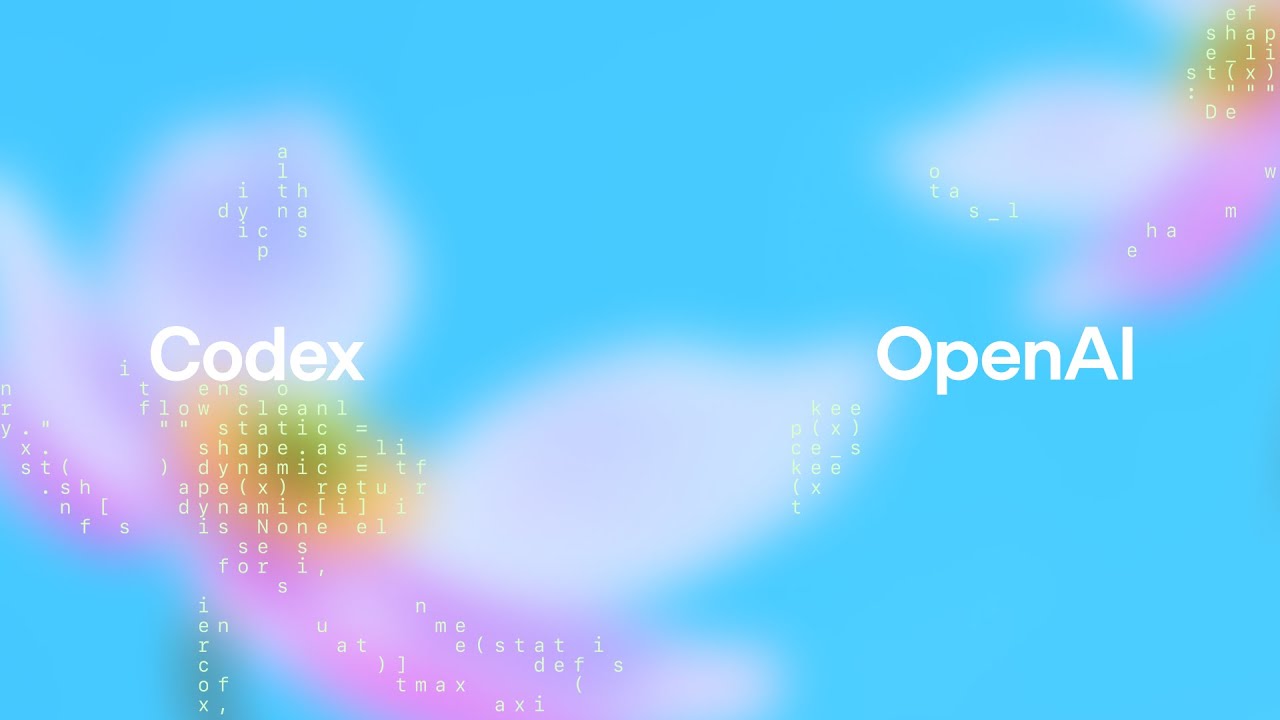Claude Code vs OpenAI Codex: The Ultimate AI Coding Comparison 2025


TL;DR
- Claude Code: Local copilot for complex reasoning (92% HumanEval) | Codex: Cloud agent for autonomous tasks (~77% SWE-Bench)
- Claude uses 2-3x more tokens but delivers "production-ready" code with docs | Codex is 3-5x cheaper and faster
- Expert workflow: Use BOTH—Claude for planning & generation, Codex for validation & execution
- The frontier has forked: "Copilot" (Claude) vs "Agent" (Codex)—not competitors, but complementary tools
At the frontier of AI coding, two distinct philosophies have emerged, embodied by Anthropic's Claude Code and OpenAI's Codex. These tools are not direct competitors; they represent a fundamental fork in human-computer interaction and product design.
The choice is no longer which model is "smarter," but how you wish to interact with the AI. Claude Code is a tool to be wielded; Codex is an employee to be managed.
The Core Architectural Divide: Local-Guided vs Cloud-Autonomous
Anthropic Claude Code
The "Copilot" Approach
Philosophy
A "developer-guided" approach. It's an "interactive CLI" designed for developers who want to "stay in control" of their workflow.
Architecture
It is "local-first". It "lives right inside your terminal" and IDE, minimizing context-switching.
Workflow
The workflow is interactive and synchronous. It excels at "complex, single-task reasoning and refactoring" and is often described as a "conversational partner".
Best For
Deep repo understanding, multi-step refactors, debugging with messy traces, architectural summaries
OpenAI Codex Agent
The "Agent" Approach
Philosophy
An "autonomous environment" built for "delegating end-to-end coding tasks".
Architecture
It is "cloud-based". Tasks are "processed independently in isolated sandboxes preloaded with your codebase".
Workflow
The workflow is delegative and "asynchronous". It supports "long-running autonomous coding tasks" and can complete its work by "opening pull requests for review".
Best For
Fast precise diffs, quick fixes, small patches, test scaffolding (Pest/Jest/Pytest boilerplate)
| Feature | Anthropic Claude Code | OpenAI Codex Agent |
|---|---|---|
| Core Philosophy | Developer-Guided ("Copilot") | Autonomous Delegation ("Agent") |
| Architecture | Local-first; runs in terminal/IDE | Cloud-based; isolated sandboxes |
| Workflow | Interactive, Synchronous | Delegative, Asynchronous |
| Context Awareness | Deep awareness of local codebase | Preloaded repo in isolated environment |
A Practical Gauntlet: Performance on Real-World Tasks
Practical, head-to-head tests perfectly confirm the architectural divide. In a test to build a lightweight job scheduler:
Claude Code (Sonnet 4)
- ✓ Delivered a "production-ready" solution
- ✓ Extensive documentation
- ✓ Reasoning steps included
- ✓ Built-in test cases
- ✓ Proper error handling
- ✗ Used 234,772 tokens (more expensive)
Codex (GPT-5 Medium)
- ✓ "More concise and direct"
- ✓ Built a "clean and functional" solution
- ✓ "Remained focused" on the task
- ✓ Used 72,579 tokens (3x cheaper)
- ✗ Minimal documentation or verbosity
- ✗ Output can be opaque "heap of sed commands"
The Clear Trade-Off
Quality/Thoroughness (Claude) vs Speed/Cost (Codex). Claude Code acts like a senior developer—it is thorough, educational, transparent, and expensive. Codex acts like a scripting-proficient intern—it is fast, minimal, opaque, and cheap.
Benchmark Warfare: Deconstructing SWE-Bench and HumanEval
The benchmark "war" between the models is a rapidly moving target, but the pattern of which model wins which benchmark confirms their design philosophies. It is essential to distinguish between two key coding benchmarks:
HumanEval
Tests single-function algorithmic generation (e.g., "write a function to do X").
SWE-Bench
A much more difficult, agentic benchmark that tests real-world, multi-file bug fixing in large GitHub repositories.
| Model | HumanEval (Algorithmic) | SWE-Bench (Agentic) |
|---|---|---|
| Claude 3.5 Sonnet | 92.0% 🏆 | N/A |
| GPT-4o | 90.2% | ~49% |
| GPT-5-Codex | ~90%+ (implied) | ~77% 🏆 |
| Claude 3.7 Sonnet | N/A | 70.3% |
| Grok Code Fast 1 | N/A | ~70.8% |
Benchmark Interpretation
The benchmarks are not contradictory; they are confirmatory.
- Claude's dominance on HumanEval confirms its identity as a superior code generator (the "senior dev")
- Codex's lead on SWE-Bench confirms its identity as a superior autonomous agent (the "intern")
The Developer Workflow: An Expert-Guided Decision Matrix
Given the clear divergence in philosophy, cost, and performance, the most advanced developers are not choosing one tool. They are orchestrating both.
The expert consensus is to "Use both". Here's the decision matrix for this multi-agent workflow:
Use GPT-5 Codex For:
- → Fast, precise diffs
- → Quick fixes, small patches
- → Test scaffolding (Pest/Jest/Pytest boilerplate)
- → Tasks where it's MUCH faster and 3-5x cheaper
Use Claude Code For:
- → Deep repo understanding
- → Multi-step refactors
- → Debug with messy traces
- → Architectural summaries
A Literal Step-by-Step Expert Workflow
- 1Ask Claude to create a plan
Leveraging its superior reasoning and "transparent plan"
- 2Ask Codex to validate and check the plan
Leveraging its speed and focused logic
- 3Ask Claude to implement the plan, step by step
Leveraging its high-quality, "production-ready" generation
- 4Ask Codex to check the implementation
Final validation and optimization
This is the true "AI Conductor" in practice. The most effective developer is a meta-developer who operates above the individual tools, strategically deploying a team of specialized AIs: Grok for speed-prototyping, Claude for thoughtful generation, and Codex for autonomous delegation.
Integration with CodeGPT
CodeGPT integrates with both Claude and OpenAI models through OpenRouter, allowing you to implement this exact multi-agent workflow directly in VS Code:
- Switch between Claude and Codex with a single click
- Use Claude for complex refactoring, Codex for quick fixes
- One unified interface for your entire AI development workflow
- Automatic failover ensures maximum uptime
Conclusion: The Frontier Has Forked
The "vs." battle between Anthropic's Claude Code and OpenAI's Codex is a false dichotomy. The market has forked into two distinct philosophies of human-computer interaction:
Claude Code
An interactive, local copilot you pair program with.
- Superior generator (HumanEval winner)
- Produces "production-ready" documented code
Codex
An autonomous, cloud agent you delegate tasks to.
- Superior autonomous worker (SWE-Bench winner)
- Faster and cheaper for routine tasks
The most advanced developer workflow is a multi-agent one, using both tools strategically. The future belongs not to those who pick sides, but to those who learn to orchestrate the entire ensemble.
Ready to Orchestrate Claude, Codex, and More?
CodeGPT gives you seamless access to both Claude and OpenAI models, plus 500+ others, all in VS Code.
Get Started with CodeGPT